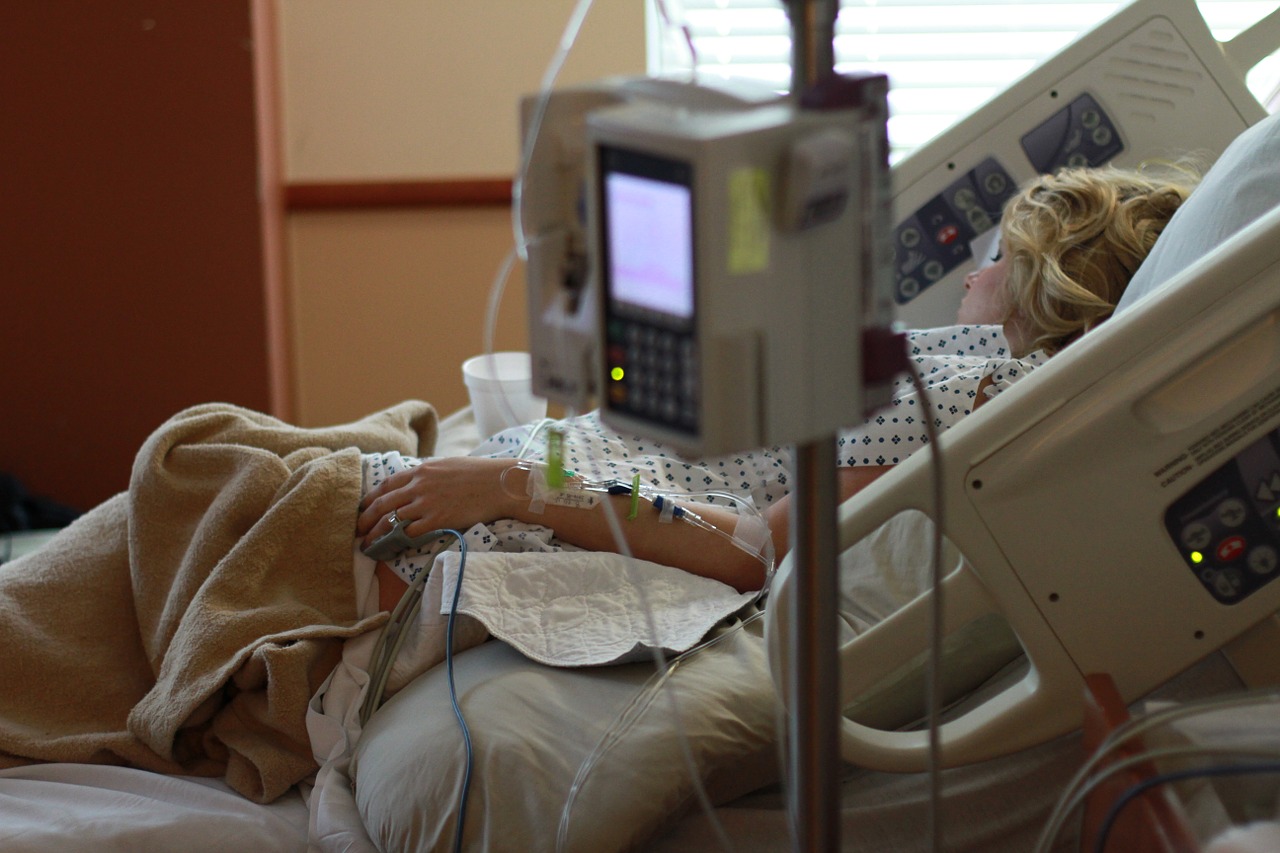The consequences of healthcare-associated infections (HAIs) reach well beyond patients’ physical health, souring social relationships, and leading some healthcare providers (HCP) to distance themselves from affected patients, according to a qualitative, systematic review published in the American Journal of Infection Control (AJIC), the journal of the Association for Professionals in Infection Control and Epidemiology (APIC).
To properly address patients’ needs and concerns, researchers at Glasgow Caledonian University in Scotland, and colleagues, conducted a meta-synthesis of qualitative research, looking at 17 studies from five different countries addressing five common types of HAIs, focusing on patient experiences of both colonization and infection from bacteria that commonly cause HAIs.
The authors of this meta-synthesis urge HCP to consider the social circumstances that color patient experiences, including feeling shameful and dirty, and the responses of those around them, especially those of HCP.
According to the analysis, many patients experienced an emotional response to their diagnosis and described “feeling dirty,” “having the plague,” or “feeling like a leper.” While emotional responses varied based on type of HAI, patients with nearly all colonization or infection types reported a fear of transmitting their infection to others. This fear affected patients’ personal and workplace relationships. Some patients, particularly those colonized by MRSA, also expressed concern about working in certain professions because of their condition and a fear of rejection by coworkers.
Patients who were able to speak to infection preventionists reported receiving constructive information and feeling reassured about their condition, whereas patients who did not, reported feeling dismissed by staff members.

“Having an HAI is a significant event in the patient’s care journey and subsequent life that is influenced by biology, society and context,” said Kay Currie, PhD, the paper’s lead author. “Understanding the patient experience can help HCP to interact and respond in a constructive way, providing more effective support during this challenging time in a patient’s healthcare experience.”
The analysis also found:
- Concerns about interaction with HCP or restriction to healthcare treatment were particularly prominent among patients with infections caused by resistant organisms, such as methicillin-resistant Staphylococcus aureus (MRSA) or Extended-Spectrum Beta-lactamases (ESBL). The studies highlight patient reports of exclusion from rehabilitation classes, requirements to wait until the end of clinic appointments to be seen, or restrictions on attending clinics.
- Many patients with HAIs reported changing their personal hygiene behavior, taking precautions to prevent the transmission of infection, including undergoing extensive cleaning at home and advising family members on hygiene measures.
- Many patients reported interactions in a climate that induced fear and uncertainty, particularly when frontline HCP lacked knowledge of the causes and consequences of HAIs and could not provide the patient with adequate information. This finding highlighted the sociocultural context in which the infection or colonization occurs.
“As one in every 25 hospitalized patients in the United States is diagnosed with an HAI, it is critical to understand the long-lasting impact of such infections, not just from a physical perspective, but also from a social and emotional perspective,” said 2018 APIC President Janet Haas, PhD, RN, CIC, FSHEA, FAPIC. “This qualitative review provides valuable insight into the patient perspective and how healthcare professionals can more effectively interact with their patients to enhance recovery in all areas of their lives.”




